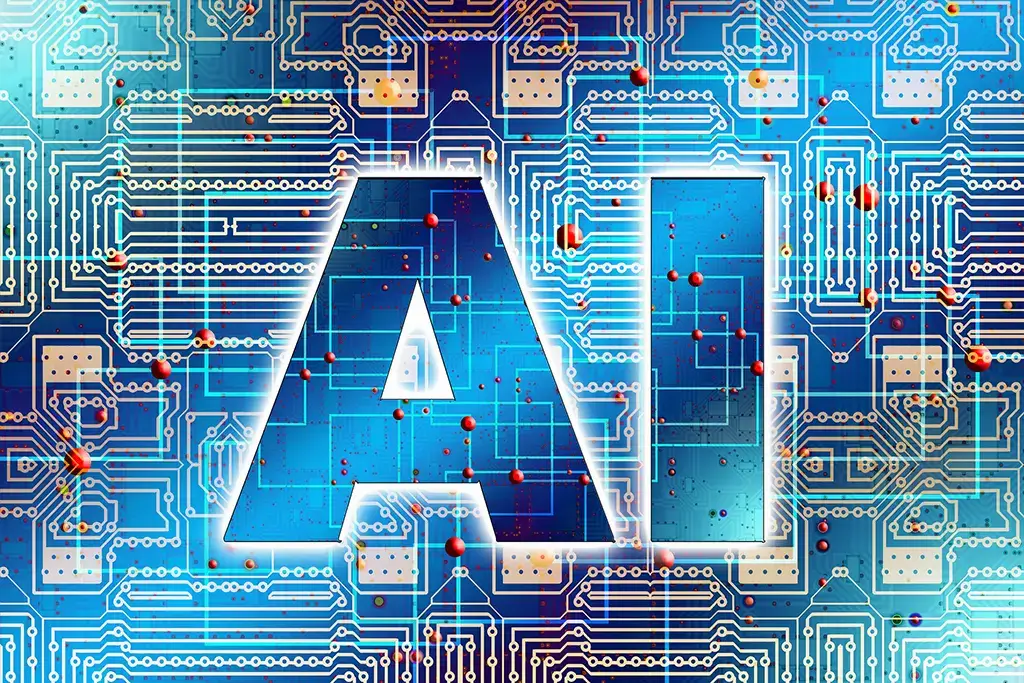
Originally appeared in AbelsonTaylor Blog
Imagine easily and quickly being able to match a group of patient types with a clinical trial or automating pharmaceutical reporting. This is but one of the emerging use cases of A.I. technology and its ability to analyze high volumes of data to assist in accurate and efficient reporting in pharma marketing.
A.I., or Artificial Intelligence, is understood to be "the study and design of a system that perceives its environment and takes actions which maximizes its chances of success". The term was originally coined by American computer scientist John McCarthy in 1956 when it was defined simply as, "the science and engineering of making intelligent machines."
Other more modern definitions include:
- A branch of computer science dealing with the simulation of intelligent behavior in computers.
- The capability of a machine to imitate intelligent human behavior.
- A computer system able to perform tasks that normally require human intelligence, such as visual perception, speech recognition, decision-making, and translation between languages.
There are three levels of AI: Basic A.I., Machine Learning and Deep Learning.
Basic/Narrow A.I.
A.I. could conceivably just consist of a huge number of conditional statements that the computer, or system would run analysis against until all conditions are met in order to meet some pre-determined outcome or possibility. However, there isn't anything truly "artificial" about this. All of the conditional statements have been created by a human, following a set of rules that were determined by the programmer.
Example: a game where all possible moves/outcomes are programmed into the machine in order to play/beat a human opponent.
Machine Learning
Machine learning refers to a process in which machines are allowed to adapt and learn without being explicitly programmed what or how they learn. Machine learning can be boiled down to a specific process with the sole aim of achieving high accuracy. In short, optimization algorithms or "guessing engines".
At its core, machine learning is simply meant to describe that subset of A.I. wherein a program can alter itself based on the situation and information gained from its previous data inputs. Those inputs also likely include historical reference to past solutions, risk assessments, etc.
Machine learning is algorithms that are used in order to minimize error and maximize the likelihood of their predictions (better guesses). For example, given a mass of data, algorithms can process it in order to assess patterns and trends. Based on those findings, additional algorithms can fill the gaps within the data, make assumptions regarding future data and leverage the information to report on the existing data in a meaningful way.
Example: Teaching a machine to recognize pictures of cats. You don’t load a library of all the cat pictures in the world, you train the machine to understand all of the characteristics of cats, and it makes its own prediction when presented with a picture. In the end, the machine makes decisions based on what it has learned, but if it makes an inaccurate prediction, an engineer needs to step in to correct the reason it made it.
Deep Learning
Deep learning, or deep machine learning, is the next evolution of machine learning—which is already in practice today. Deep learning is a further subset of A.I. and a subset of machine learning. Or, as mentioned previously, a technique for realizing machine learning.
Deep learning embodies the more advanced algorithms, structured in layers that create a neural network, that have exceeded expectations of accuracy for their predictive ability.
Examples include natural language processing and autonomous vehicles. Deep Learning makes intelligent decisions on its own and is capable of understanding if its prediction was accurate or not and adjusting its next predictions.
How is A.I. currently being used in Pharma and what’s in store for the future?
With all of the growing advancements, it seems natural for A.I. and deep learning to play a role in pharmaceutical advancements as well as pharma marketing.
The path to new and innovative therapies is growing and flourishing, thanks to data collection and its dissemination by A.I. platforms. With the increase in the digitization of health care data, the future may hold the ability to incorporate real-time data throughout the pharmaceutical life cycle. This could signal a change in not only the testing and manufacturing of drug products or therapies, but also a means by which to get them to market faster. There are of course regulatory concerns over the use of such real-time/real-world data. However, partnerships between big pharma and companies specializing in A.I. have begun, and new techniques are already being developed. Among the most interesting current uses:
- Drug discovery – A.I. can analyze vast amounts of data with blazing speed, detect patterns and trends, develop sound hypotheses and predictions, and maintain records with unmatched accuracy. No wonder dozens of pharma companies are exploring A.I. in hopes of reducing the staggering cost of R&D and getting approved drugs to market sooner.
- Disease ID and diagnosis – A.I.’s ability to analyze volumes of electronic health records, X-Rays, M.R.I.s, eye scans, etc. is helping physicians diagnose illness with increased speed and accuracy. Famous example: In 2016, IBM Watson for Oncology analyzed millions of oncology research reports in just 10 minutes and correctly diagnosed a rare form of leukemia in a patient who had been misdiagnosed by conventional methods.
- Clinical trials – Predictive analytics can rapidly analyze genetic and medical data to match appropriate patients to clinical trials. Machine learning can also increase efficiency by determining the ideal number of participants to recruit and reducing record-keeping errors.
- Personalized treatment – Companies like Texas-based Pieces Tech leverage machine learning and natural language processing to interpret patient data and assist in determining personalized treatment approaches.
- Risk prediction – Firms like Seattle-based KenSci use machine learning and existing data to identify clinical, operational and financial risks for healthcare organizations, as well as potential solutions.
- Sales force assistance – If a doctor has expressed interest in drugs for particular conditions, A.I. tools offered by companies like Aktana or Veeva can recommend specific materials for the rep to have at the next meeting and make those materials more accessible. This ensures that personalized, relevant messages are shared with the doctor and less time is wasted.
Whether it’s assisting the sales force, improving clinical trial candidate matches, new drug discovery or even treatment diagnosis, artificial intelligence is the future and, at some levels, in practice today.


